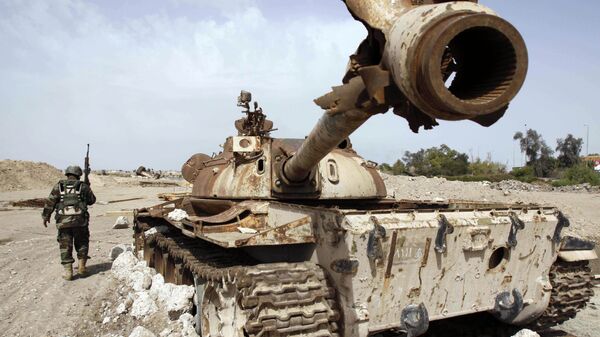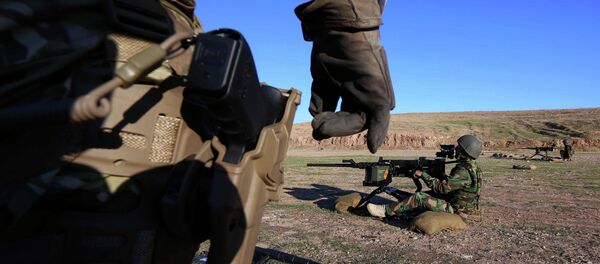"The Iraq War was fundamental to the development of Isis and the expansion of the Islamic State. The chaos and bitterness created by the invasion have been the fundamental cause in this process of radicalization," Mayer Wakefield said.
On Saturday, UK Labour Party leadership candidate and Shadow Home Secretary Yvette Cooper said the United Kingdom must not pursue further military action against IS until the publication of the Chilcot Inquiry on Britain's role in the 2003 Iraq War.
"The findings of the Chilcot Inquiry will hopefully, and we believe rightfully, expose major flaws in British foreign policy since the outset of the so-called 'War on Terror,'" Wakefield said.
The spokesman explained that exposing the shortcomings of British foreign policy is not appealing to the current UK government because it continues "the policy of disastrous military interventions in countries such as Libya and Iraq itself."
"Many of the same MP's who voted for the war in Iraq still sit in parliament on both sides of the house and a motion demanding the publication of the Chilcot report before 2016 would therefore be detrimental to the British establishment as a whole."
Wakefield stressed that many of Saddam Hussein's former generals are now key strategists within Islamic State and "this alone demonstrates the complete counter-productiveness of the West's intervention in Iraq."
The inquiry into the UK role in the 2003 Iraq War was launched in 2009. The delay in its publication has sparked criticism, with John Chilcot, the leading official in the independent investigation, citing so-called Maxwellisation for the long wait. The Maxwellisation process gives those named in a report time to prepare for and respond to allegations prior to release.
Following years of controversy, in 2009, then-British Prime Minister Gordon Brown called for an inquiry, launched by Chilcot.
The Iraq War led to the death of over 100,000 civilians between 2003-2011, according to the Iraq Body Count database.



